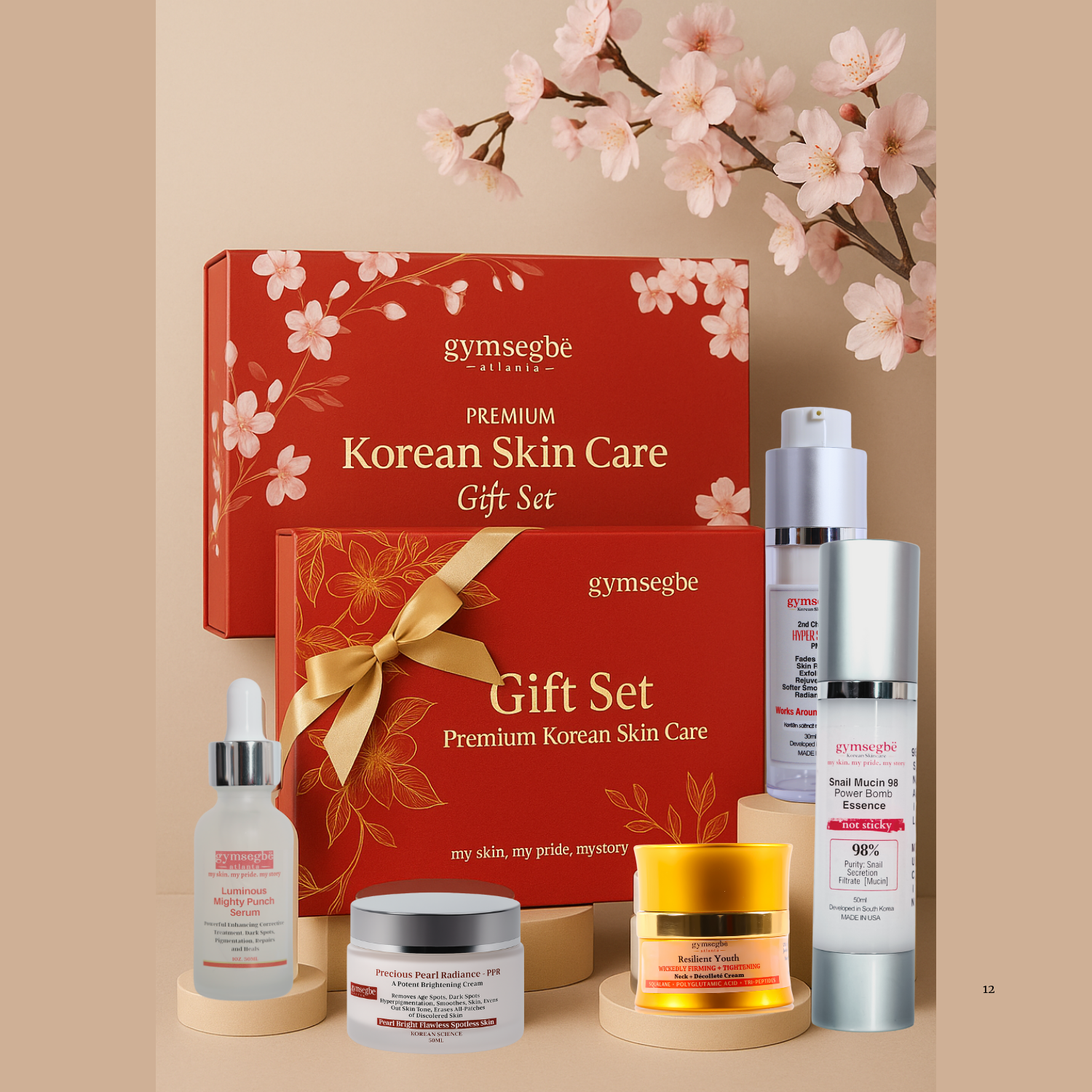Mineral vs Chemical Sunscreen: Which One is For You?

Sun protection is extremely important for the skin. That is maybe why people are confused when it comes to choosing the right sunscreen for their skin. Should you pick mineral or chemical? Which SPF to aim for? These are just some of the questions that you may be wondering to know the answers to. We got you covered.

Everything You Need to Know About Mineral Sunscreen
Mineral sunscreen is also known as a physical sunscreen. It consists of active ingredients, the most usual ones are zinc oxide or titanium dioxide. It practically sits on top of your skin and reflects UVA and UVB rays. Dermatologists suggest using it if your skin is sensitive or prone to acne.
In the past, these sunscreens were hard to spread, leaving white traces all over your skin and body. Remember that? Nowadays the formulas are modernized and adapted, so you can completely enjoy them. It is not suitable even for darker skin tones.
The biggest flaw of mineral sunscreen is that it can be worn off quickly. Formulations are still heavier than chemical sunscreens so they can feel heavy to some people.
Everything You Need to Know About Chemical Sunscreen
Chemical sunscreens are those that absorb sunrays, turn them into heat, and then release that heat throughout the skin. These creams are generally more favored by consumers. The secret may lie in the formula that is almost or completely sheer and lightweight.
Chemical sunscreens are mostly criticized due to their active ingredients, that sometimes can be irritating, especially if you have acne-prone or sensitive skin. Chemical sunscreens contain one or more of these ingredients:
- oxybenzone
- avobenzone
- octisalate
- octocrylene
- homosalate
- octinoxate
Octocrylene is a key ingredient that serves as a UV catcher before it can cause damage to your skin. Even though criticized, these creams are great for everyday wear and as a makeup base.

What is the Key Difference between Mineral and Chemical Sunscreen?
The biggest difference between mineral and chemical sunscreen is that mineral sits on the top of the skin and block sun rays. This is possible due to ingredients like zinc oxide and titanium dioxide. On the other hand, chemical ones absorb into the skin using ingredients like octocrylene, homosalate, octinoxate, etc.
If your skin is sensitive or acne-prone, it might be better to use mineral sunscreens. However, they do have thicker formulations so they can leave a trace on the skin (not comfortable if you have a darker skin tone).
While chemical sunscreens are lighter and easier to wear, the ingredients can cause problems for extremely sensitive skin types. Also, it is important to say that chemical sunscreens have harmful environmental effects.
Which One to Choose?

Is chemical sunscreen better than mineral? Or is it another way? The dermatologists agree on one thing - the best sunscreen is the one you will actually wear every day. Gymsegbe created a sunscreen that is 2 in 1. Habaek Sun Protection Face Moisturizer SPF50 provides full protection while also hydrating your face. It is safe to use around the eyes, it won’t peel after a while, and you won’t even feel it on your face.
















